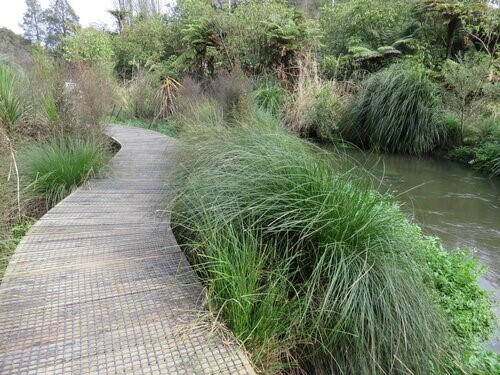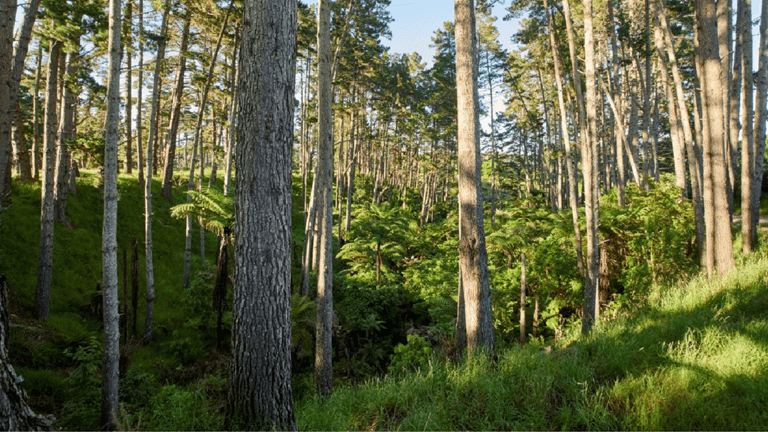‘…we are still showing net annual loss of indigenous biodiversity in our district.’
We have begun the process of updating our Long Term Plan starting with the community outcomes that will shape our focus. Our current plan runs through to the end of June 2024, and we will be looking at confirming our budgets and planning for the period from July 2024 through to June 2027.
What we lock into this plan will determine what works the district council will undertake in the next three year period. We have started consultation with our local community boards and committees to get their input into this process and, over time, will be undertaking wider community consultation to help shape this plan.
There are many areas the council will look at in doing this – however an area I would like to highlight is our strategy for Taiao, or nature, in the Waikato, which is being developed out of a review of our conservation and esplanade strategies. The district council aim is to better manage plant and animal pests and work with landowners to increase native plantings and restoration, particularly in areas of marginal land. Some people may be familiar with the Significant Natural Areas (SNAs) which have been highlighted in the draft National Policy Statement on Indigenous Biodiversity.
As a bit of context, the Waikato District comprises nearly 420,000ha of land of which some 16 per cent has been identified as potential SNA. Most of these areas have not been ground tested yet and the real figure of actual native vegetation is probably under 10 per cent or 40,000ha. Our most recent data shows that we are still showing net annual loss of indigenous biodiversity in our district. One of the aims of our strategy is to try and reverse this trend and start increasing our coverage of indigenous biodiversity. To do this we will first need to understand exactly what our current situation is and a key component to any success is the cooperation and assistance of our communities and ratepayers.
Some people have expressed concern about having SNAs designated on their properties as they fear losing control of their own lands. This is not the intent of these designations, the purpose is to work with landowners to protect and enhance our environment by limiting further loss of forest, restoring marginal lands into forest where possible and managing plant and animal pests better.
Another piece of context is that Japan, a country with population densities 16 times higher than NZ still has 75 per cent coverage in forest and trees. That is a choice Japanese people made and likewise we can also choose to alter our focus and priorities by considering how we value these things. There are also added benefits in increasing our forested areas of helping to stabilise slip prone lands and carbon sequestration.
A very good way to kick start this process off is to support the proposed targeted rate for gully restoration in the previous (pre-2022) Tamahere Ward. The rate will be $1 per week to support significant conservation work in the Tamahere gully network over the next five years by the Tamahere Mangaone Restoration Trust.
This work was identified in the ‘Tamahere Blueprint’ as a top priority for the community and may also help with progress on the Tamahere gully walkway projects. Submissions on the proposal closes on the May 7, please have your say.
Read: Have your say on gully.












